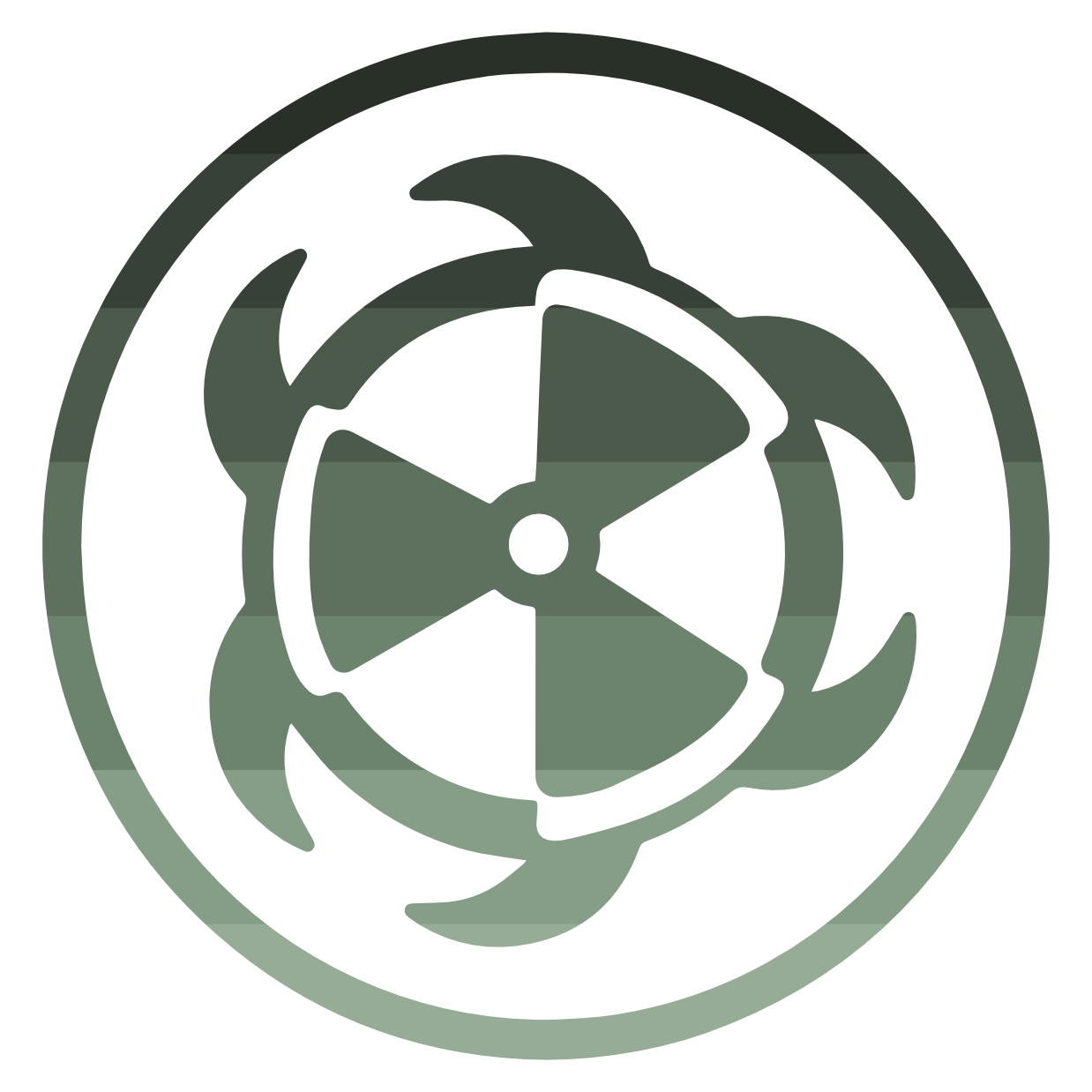Edwin Wong
Snapshot
Do what you love.
The Masters student lifestyle.
Do a thesis in 4th year.
Nothing replaces experience and hard work.
Throughout my undergrad, I was enrolled in the biopsych program. Here at Mac, I was extremely fortunate to have the opportunity to TA for multiple courses; those being Calc 1LS3, Math 1M03, along with some intropsych courses. These experiences helped me to discover my passion in teaching, and now I think it would be incredible if I were to teach as a professor in the future! Undergrad was definitely hard work though; there were numerous nights where I barely slept. I was burnt out physically and mentally on most days from being a TA for multiple courses, participating in my extra-curriculars, and trying to handle my personal coursework all at the same time. Fourth year was when I finally realized that I couldn’t handle everything, and I crashed hard.
View as PDF
Going back in time, when I was a little high schooler back in grade 11, I took a course called APS (Anthro, Psych, Sociology). That’s the first time I learned about Freud, and immediately my reaction was, OMG I LOVE PSYCH. So basically ever since then, I knew that this was something I wanted in my life. It was true love at first sight! But I was also quite the weird kid…
Specifically, I found my interest in neuroscience after taking the intropsych courses back in first year. All I wanted was to do was to study the brain! So of course, the obvious path for me was to finish undergrad, go to grad school, get my PhD, and hopefully land a job as a professor where I can combine my interests in teaching with neuroscience. So, during fourth year of undergrad, I applied for my Masters. It took a lot of persistence to email so many profs, gather up references, and write up applications, whilst at the same time, I was wrapping up my own thesis project as well.
Once you’re in grad school, especially if you’re moving into a new city, you lose in touch with a lot of the friends you had in undergrad, and 80% of your day will now be spent in the lab, so you must learn to adapt to a whole new lifestyle. I live, sleep, and breathe the work that I do.
Right now, I’m also in the process of applying to clinical psychology programs. The clinical psychology program is almost a mix between graduate and professional school. With clinical psychology, you’re required to complete a residency at the very end where you go around to hospitals and work as a therapist, allowing you to become qualified therapist afterwards.
For anyone who is looking into completing a Master’s degree in Science, I would strongly recommend completing a thesis project by 4th year. Completing a thesis makes you develop skills such as how to write a thesis, and how to properly interpret a scientific paper. When you take a course in undergrad, you think it’s easy to read a paper, because 99% of the time, all you do is read the quick little abstract! (don’t follow that example…) But once you’re in a lab. you’re expected to know the material inside and out, and you have to make sure you’re prepared to defend it against your supervisors and co-supervisors. It also teaches you a lot on proper experiment methodologies. You don’t just go into an experiment and start doing random stuff, there’s a lot of careful planning that goes into each step! Also, you learn how to write a good lab notebook. BIO 1A03, though does a good job at introducing to lab manual writing, and it will definitely not replace the experience as working in an actual lab!

